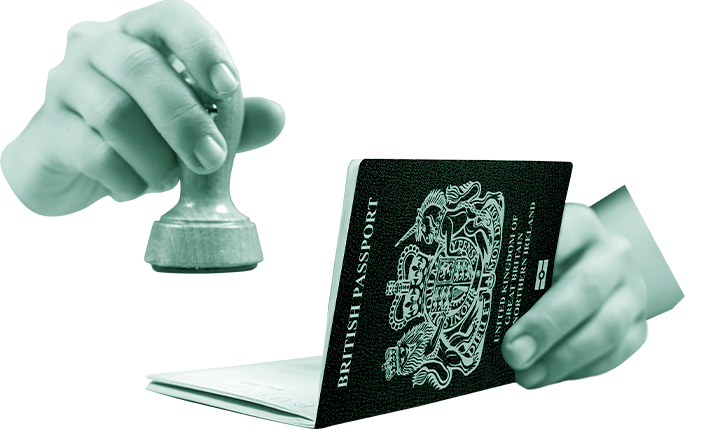Must Be Genuine
Being a genuine organisation is fundamental, as is complying with UKVI regulations and immigration laws. To qualify for the licence, your company must provide legitimate job positions that meet salary standards, designate an authorising officer, and assign key personnel roles.
Demonstrating a genuine requirement for migrant workers and ensuring compliance with eligibility criteria are essential components of the application process.









